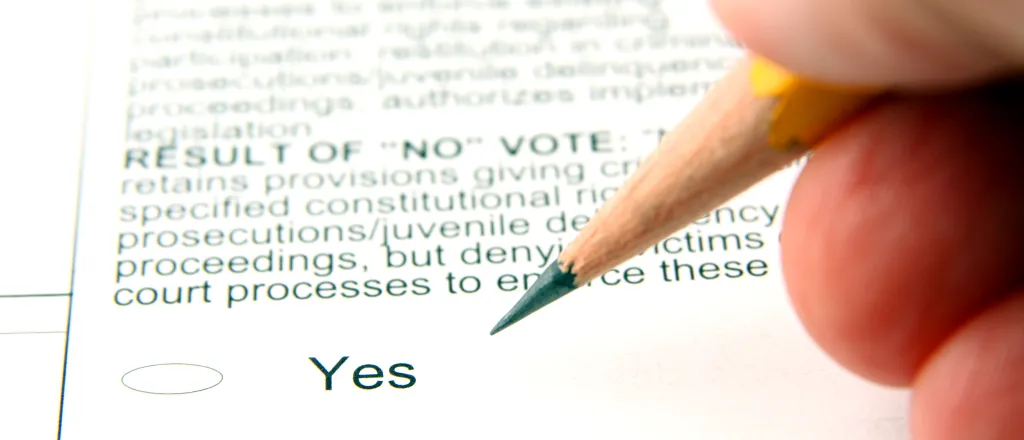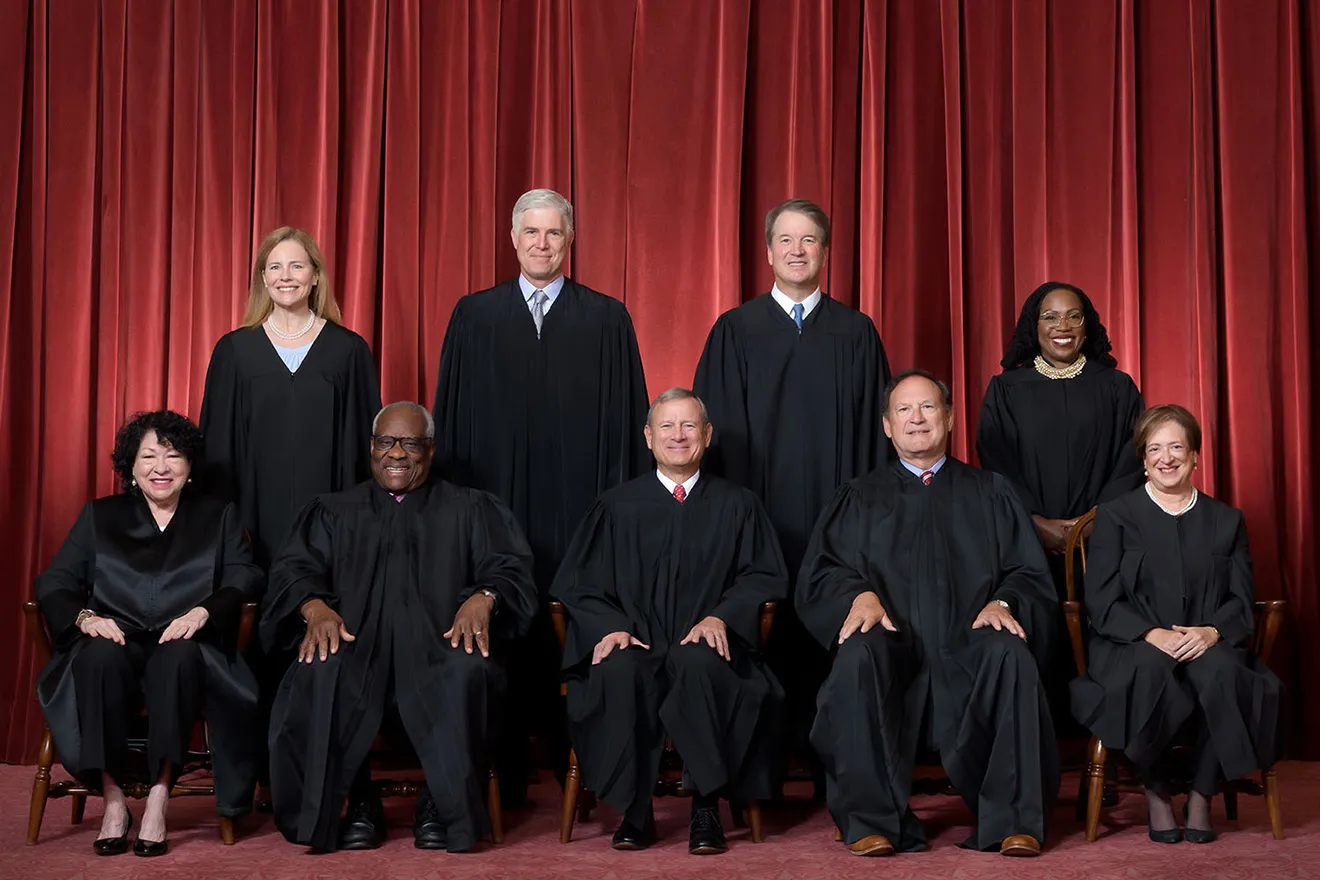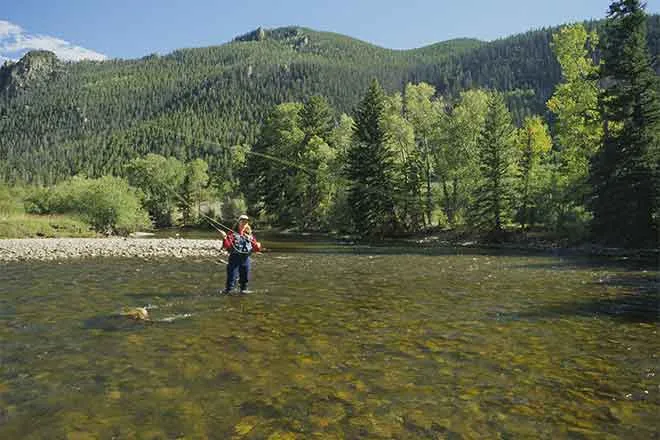
Proposed Colorado ballot measure would redirect funds from electrification to roads
© Svanblar iStock-146069215
A proposed ballot initiative for 2026 would require that revenue collected from transportation costs including car registrations, gas taxes and delivery fees go toward road and bridge maintenance, an effort backers say could increase transportation funding to meet the state’s needs.
Two versions of the same measure were filed with Legislative Council Staff last week by retired contractor Donald Hanneman from Castle Rock and retired tech executive Michael A. Hancock from Aurora. One includes a 10-year sunset. The initial review and comment meeting is set for August 1.

© ISerg - iStock-1333705544
“We need to redirect existing fees back to roads, which is the cornerstone of our economic development,” Weld County Commissioner Kevin Ross said in a statement in support of the initiative.
Roads and other transportation infrastructure is funded through a combination of federal, state and local government revenue in Colorado. A lot of that state transportation funding comes from the gas tax and vehicle registration fees — money that is already constitutionally required to go into the Highway Users Tax Fund and toward the construction and maintenance of public highways.
For the current fiscal year, there is projected to be about $1.3 billion in the HUTF to distribute to various entities. About half of that will go to the transportation department and smaller shares are slated for counties and municipalities.
The proposed ballot measure would require that all sales taxes, tolls and fees imposed on cars and gas, retail delivery fees and ride-share fees go towards roads and bridges, ultimately pulling money from the state’s recent efforts to encourage different modes of travel and mitigate environmental impacts from car use.
Now is the time for states like Colorado to protect the policies we have and, if anything, compensate for the lack of federal support for things like electric vehicles and public transit.
Since landmark 2021 transportation legislation, a handful of fees and enterprise funds have partially funded projects like electrifying vehicle fleets, encouraging multimodal transit and installing electric vehicle charging stations.
Colorado’s prearranged ride fee, for example, is either 18 cents or 34 cents, depending on vehicle type, and is imposed on rides from companies like Uber and Lyft. It funds transit expansions, electric vehicle adoption strategies and air pollution mitigation.

The 28-cent retail delivery fee is allocated to multimodal transportation options, state highways and electrification efforts. It raised close to $93 million in 2024. A little less than 30 percent of that fee revenue goes to the Multimodal Transportation and Mitigation Options Fund, and the rest goes to HUTF.
But measure backers say that about $200 million in transportation fees, such as the prearranged ride fee and delivery fee, are being directed away from road maintenance to funnel money towards mass transit projects in the Denver metro area. They want that to go to fixing the roads Colorado drivers use.
The budget passed during the most recent legislative session cut nearly $114 million in transportation funding to help fill a $1.2 billion budget hole. A coalition of elected officials and business groups urged lawmakers not to make those cuts, and some of them are now backing the potential ballot measure.
“The lack of transportation funding has reached a point of critical concern. In order for Colorado to stay competitive, we need funding for roads and bridges infrastructure that meets the needs of our industries that operate statewide,” Loren Furman, president and CEO of the Colorado Chamber of Commerce, said in a statement. “Sustainable solutions are critical for ensuring that Colorado is a place that attracts businesses and workers.”
The measure would also require that federal funds meant for car use and two-thirds of sales tax collected on car parts and accessories go toward road maintenance.
Matt Frommer, the transportation and land use policy manager at the Southwest Energy Efficiency Project said the initiative would be a move in the wrong direction, especially as the federal government rolls back policies like electric vehicle incentives.
“Now is the time for states like Colorado to protect the policies we have and, if anything, compensate for the lack of federal support for things like electric vehicles and public transit,” he said. “There’s a real risk here of abandoning these efforts at all levels of government right at a time when they’re starting to pick up and gain some traction.”
He said the impact of such an initiative could be fewer transit options, increased car dependence and more traffic congestion on the state’s roads.
The measure’s proponents have a long road to landing the issue on the ballot, including getting a title set by the state Title Board, getting approved for a petition and gathering enough signatures. As a constitutional amendment, it would need 55 percent of the vote to pass.
















